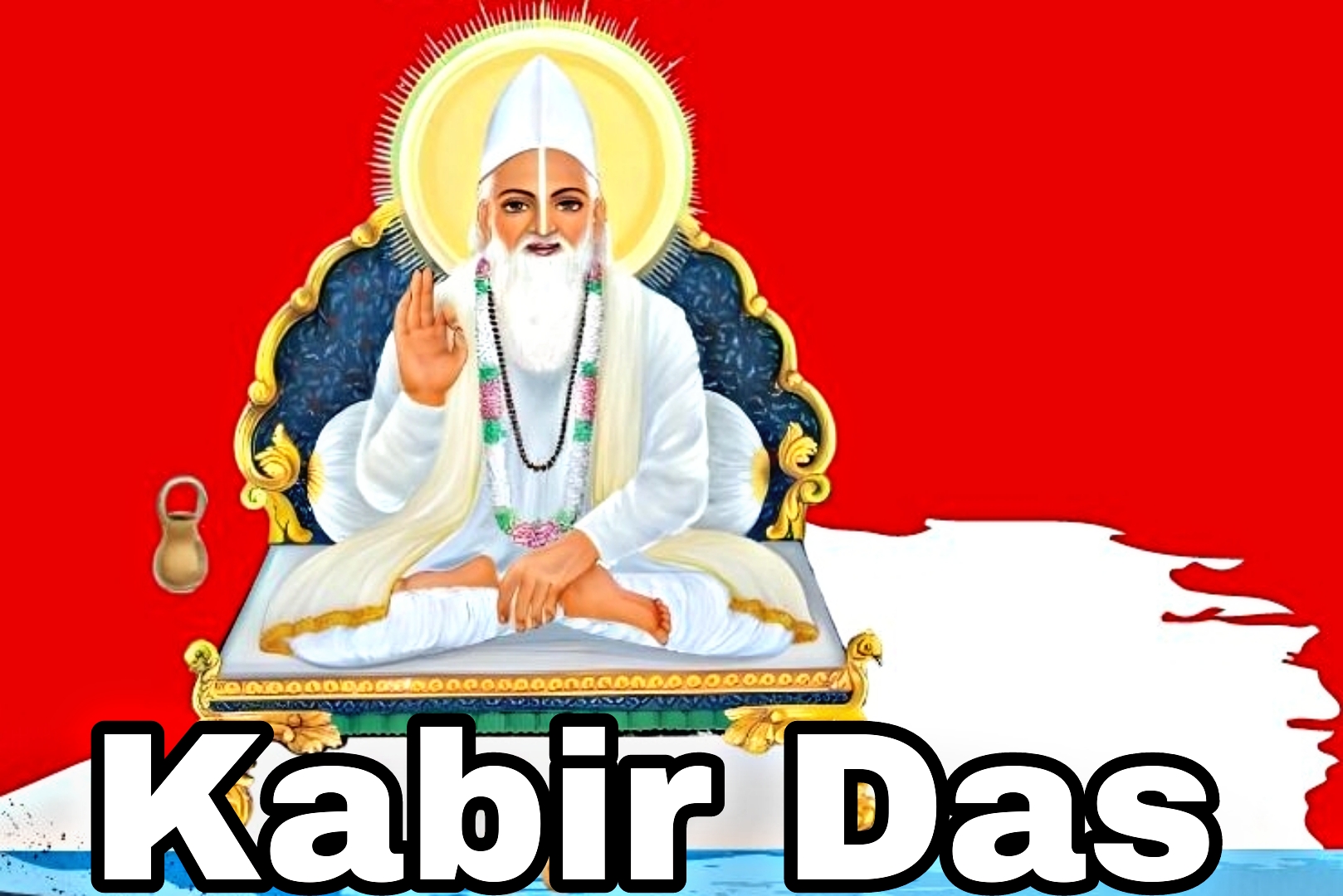Kabir Das, one of India’s most revered poets and saints, holds a unique place in the spiritual and literary history of the subcontinent. His teachings, delivered through profound couplets (dohas), transcended religious boundaries, advocating for a universal path to divine truth. Kabir Das challenged orthodoxy, emphasizing the importance of inner devotion, simplicity, and direct connection with the divine. His life and work continue to inspire millions across the globe.
This comprehensive article explores the life, philosophy, and legacy of Kabir Das, unraveling the deep impact he made on Indian culture, religion, and spirituality. We will delve into his poetry, teachings, and the socio-religious context in which he lived, shedding light on his timeless relevance.
The Life of Kabir Das: A Mystical Journey
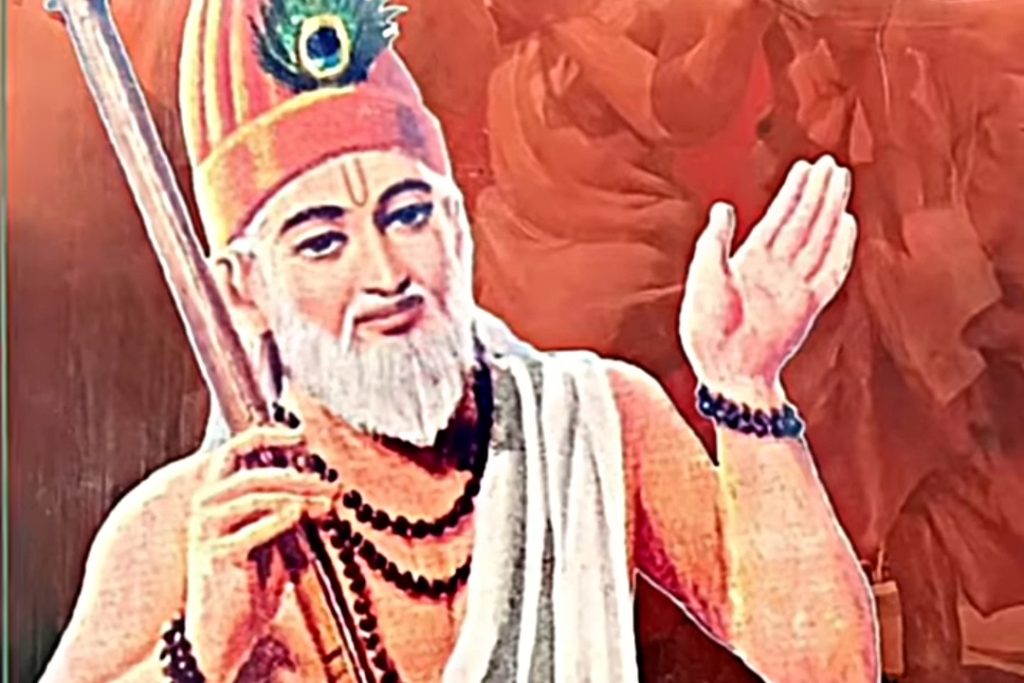
Birth and Early Life
The origins of Kabir Das are wrapped in mystery, with legends surrounding his birth and upbringing. Kabir was believed to have been born in the 15th century (circa 1440 CE) in Varanasi, a city revered for its spiritual significance.
- Divine Birth: One account suggests that Kabir was born to a Brahmin widow under miraculous circumstances and was later adopted by a Muslim weaver couple, Niru and Nima.
- Weaver Background: Raised in a modest family of weavers, Kabir was exposed to the struggles of ordinary life, shaping his empathy for the marginalized.
Spiritual Awakening
Sant Kabir spiritual journey began under the guidance of the Hindu saint Ramananda. Despite the rigid caste and religious systems of the time, Kabir Das approached Ramananda as a disciple. The story goes that he positioned himself on the steps of the Ganges, where Ramananda inadvertently blessed him. This event marked the beginning of Kabir Das’s quest for divine truth.
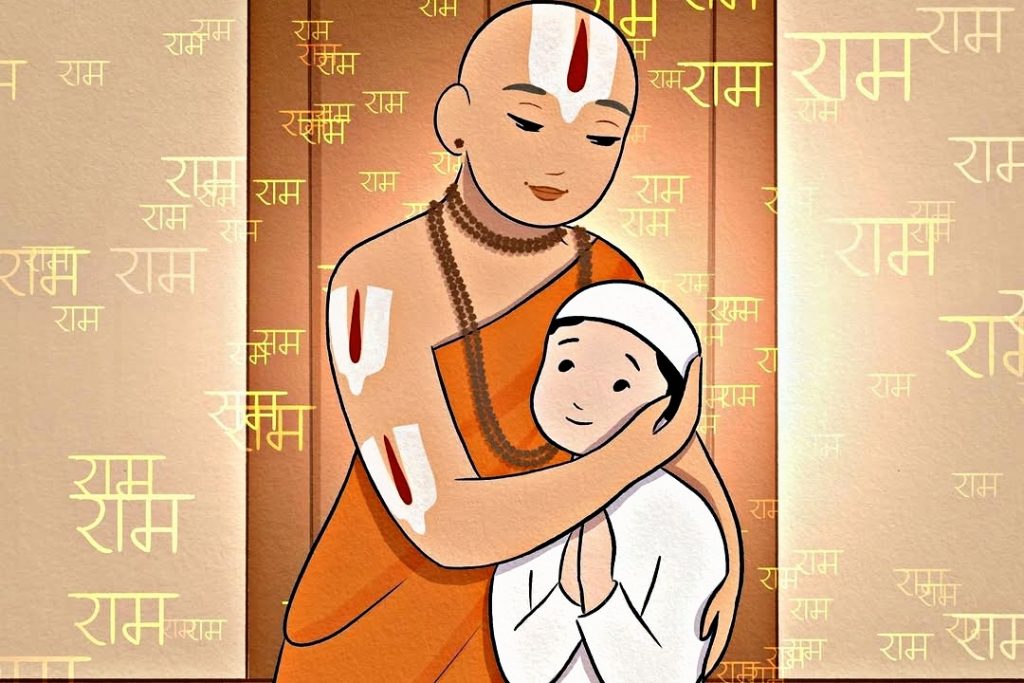
The Socio-Religious Context of Kabir Das’s Era
During Sant Kabir time, India was a land of diverse faiths and significant socio-religious upheaval. Hinduism and Islam coexisted but often clashed in ideology and practice. The caste system further entrenched societal divisions.
- Caste and Orthodoxy: Kabir Das vehemently opposed the caste hierarchy, advocating for equality and unity.
- Religious Conflicts: He criticized both Hindu and Islamic orthodoxy, denouncing rituals and dogmas in favor of inner spirituality.
Kabir emerged as a unifying voice, bridging these divides with his profound yet accessible philosophy.
Philosophy and Teachings of Kabir Das
1. God as the Ultimate Reality
Kabir believed in a formless, omnipresent God who transcends religious labels. He referred to this divine presence using terms like Ram and Allah, emphasizing that the divine is beyond human comprehension.
2. Critique of Rituals
Kabir was a vocal critic of ritualistic practices in both Hinduism and Islam. He rejected idol worship, pilgrimages, and fasting, advocating instead for personal devotion and ethical living.
3. Equality and Unity
Kabir championed the idea that all human beings are equal in the eyes of God, challenging the deeply entrenched caste system and religious divisions.
4. The Path of Bhakti and Love
Love and devotion were central to Sant Kabir teachings. He believed that true liberation could only be achieved through selfless love for the divine.
The Poetry of Kabir Das: A Window into His Soul
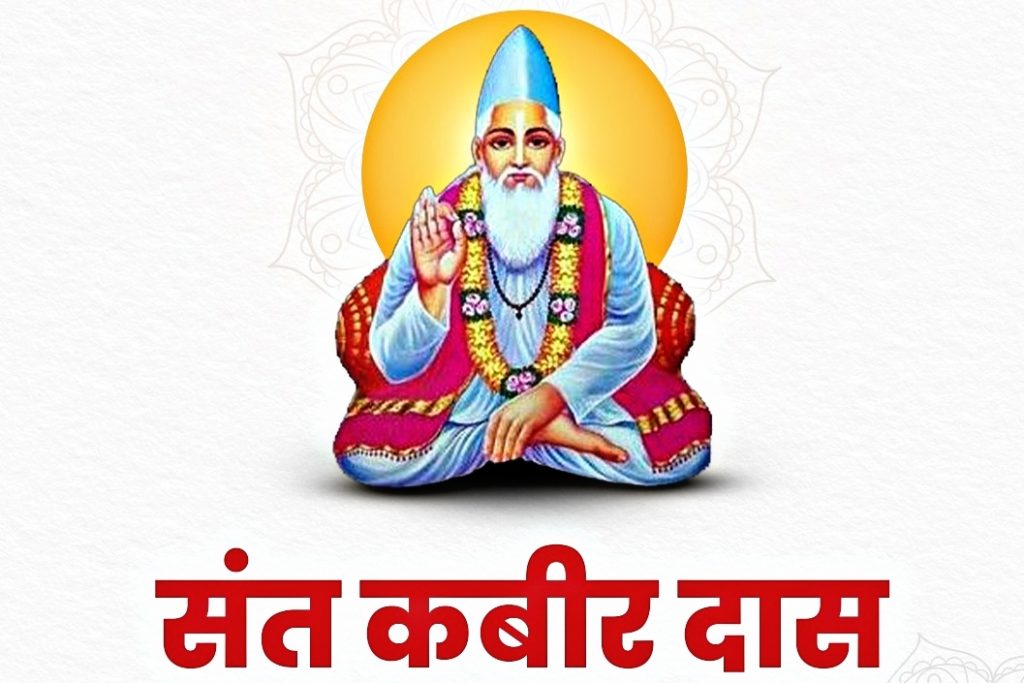
Sant Kabir expressed his teachings through poetry, primarily in the form of dohas (couplets). His verses are marked by simplicity, depth, and universal appeal.
Themes in Kabir Das’s Poetry
- Search for God: Many of his poems focus on the inner quest for God, urging seekers to look within.
- Critique of Hypocrisy: Kabir Das used his poetry to expose the hypocrisy of religious leaders and societal elites.
- Wisdom in Simplicity: His verses highlight the importance of humility, compassion, and self-awareness.
Famous Dohas by Kabir Das
Some of Kabir Das most celebrated couplets include:
- “Bura jo dekhan main chala, bura na milya koi;
Jo dil khoja apna, mujhse bura na koi.”
(When I searched for the bad in others, I found none; but when I looked within, I found I was the worst.) - “Pothi padh-padh jag mua, pandit bhayo na koi;
Dhai aakhar prem ke, jo padhe so pandit hoy.”
(The world dies reading scriptures, but no one becomes wise; the one who understands the two-and-a-half letters of love is truly learned.)
Kabir Das’s Critique of Society
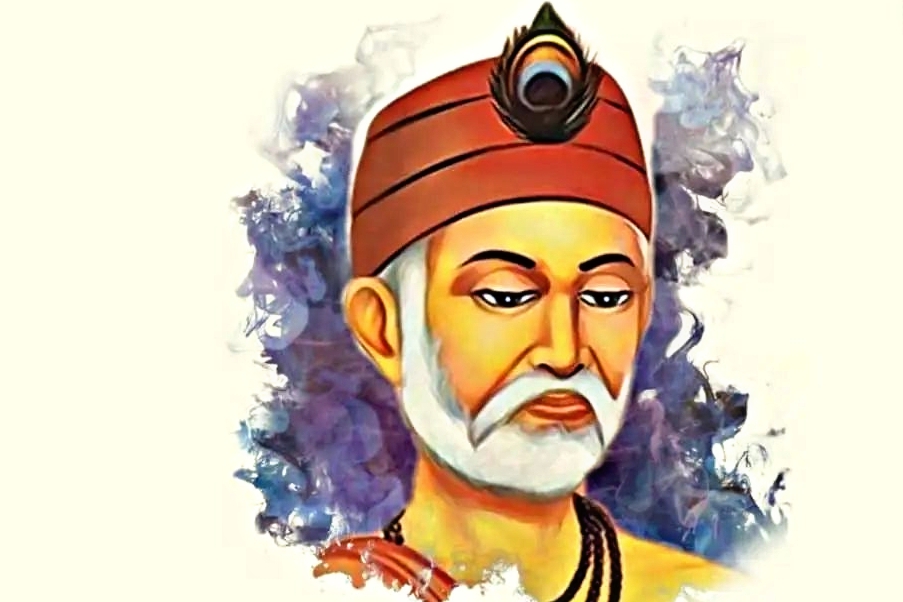
Opposition to Casteism
Kabir denounced the caste system, challenging the authority of Brahmins and asserting the spiritual equality of all individuals.
Criticism of Religious Orthodoxy
He criticized both Hindu and Muslim clerics for their rigid adherence to rituals and neglect of true spirituality. Sant kabir poetry often mocks blind faith and dogmatic practices.
Call for Reform
Through his verses, Sant Kabir called for a spiritual awakening, urging people to rise above materialism, ego, and superficial differences.
The Legacy of Kabir Das
Influence on the Bhakti Movement
Kabir Das is considered one of the pioneers of the Bhakti Movement, which sought to simplify spirituality and make it accessible to all.
Impact on Sufi Traditions
Kabir Das’s universal message found resonance with Sufi mystics, who shared his emphasis on love and unity.
Cultural and Literary Legacy
Kabir Das’s verses have been preserved in various forms, including the Bijak, a collection of his teachings. His poetry continues to inspire artists, scholars, and spiritual seekers worldwide.
Kabir Das in Modern Times
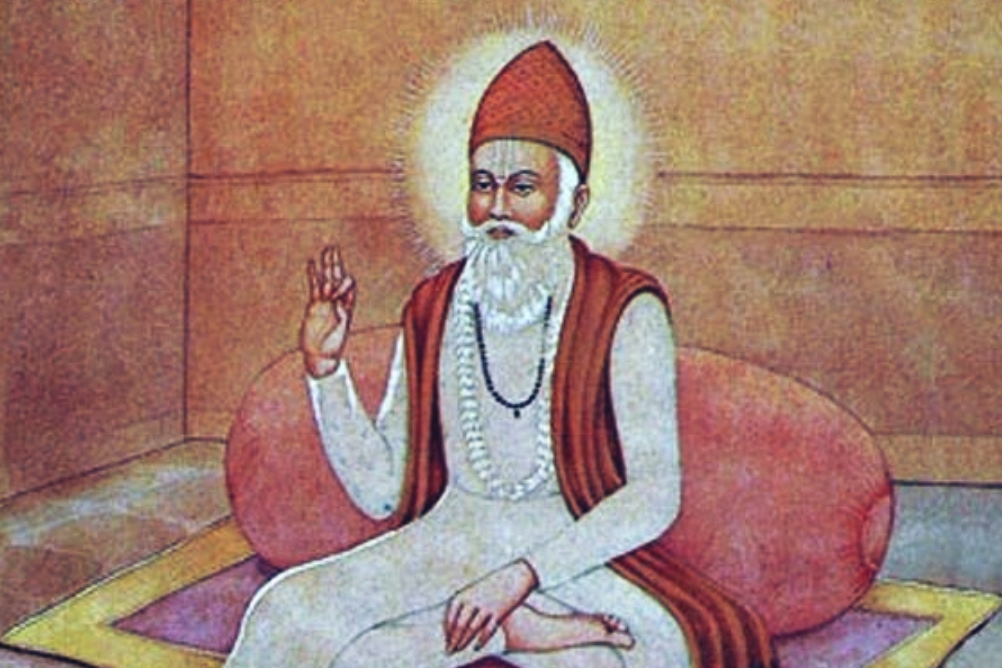
The relevance of Kabir Das’s teachings has only grown with time:
- Social Justice: His call for equality resonates with modern movements against caste and religious discrimination.
- Environmental Wisdom: Kabir emphasis on simplicity aligns with contemporary sustainability efforts.
- Interfaith Dialogue: His universal philosophy offers a blueprint for fostering harmony in a divided world.
Places Associated with Kabir Das
1. Kabir Math, Varanasi
This sacred site is a hub for followers of sant Kabir, preserving his teachings and legacy.
2. Maghar, Uttar Pradesh
The place where sant Kabir spent his final days, Maghar is a pilgrimage site for his devotees.
Conclusion: The Eternal Relevance of Kabir Das
Kabir Das was not just a poet or saint; he was a revolutionary thinker who challenged the societal norms of his time. His life and teachings embody the timeless quest for truth, love, and unity.
Through his poetry and philosophy, Kabir Das continues to light the path for those seeking a deeper understanding of life, spirituality, and the divine. As the world grapples with division and materialism, the teachings of Kabir remind us of the power of simplicity, compassion, and inner truth.

